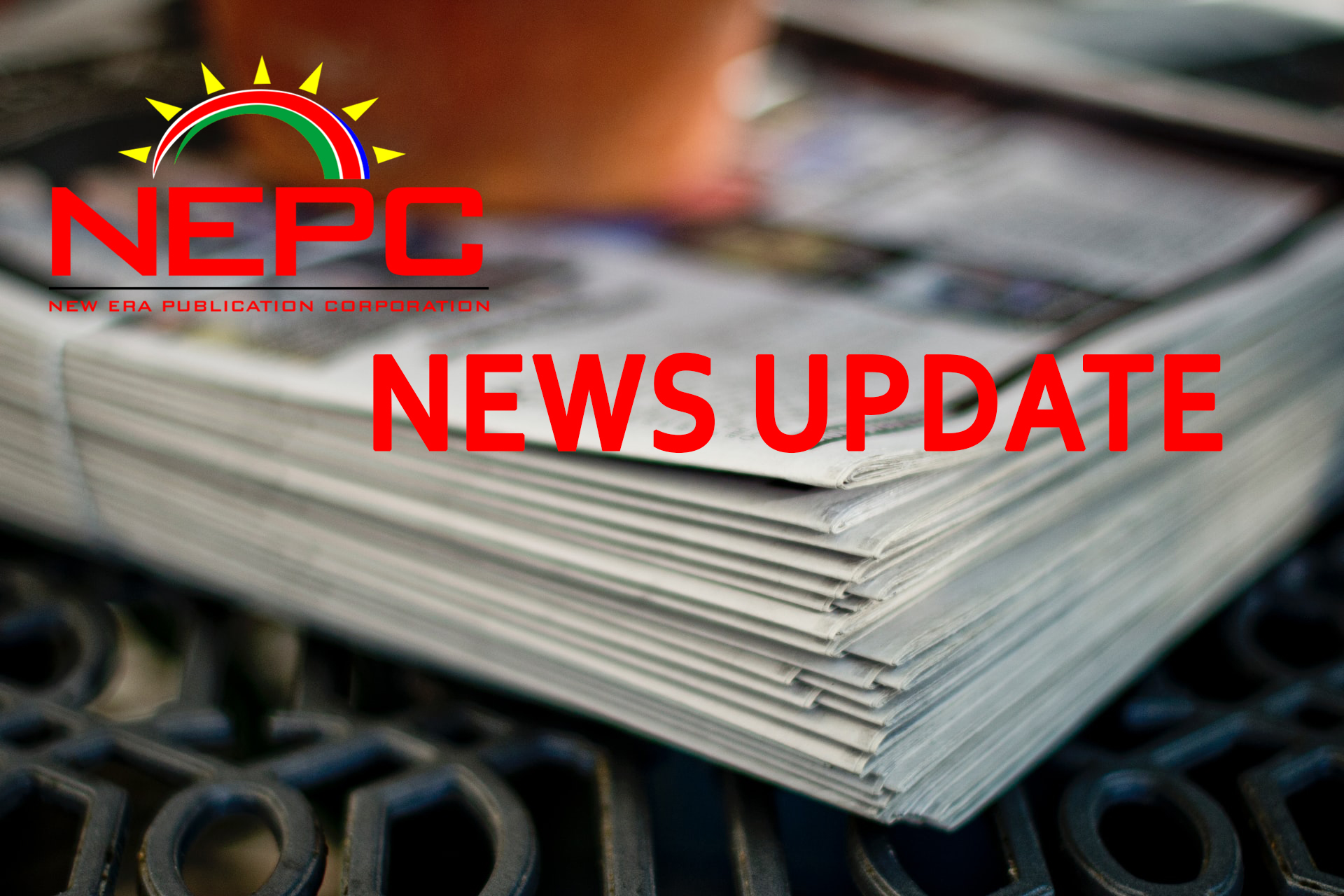Alvenus F. Dreyer
According to a statement released by the 25th annual Southern Africa Climate Outlook (SARCOF), the next few months which started in October 2021 promise good rainfall for the bulk of the SADC region. This most definitely is music to the ears of many stakeholders, how well and effective such music is received is another question. Namibia being one of the driest if not the driest country in Sub-Saharan Africa must embark on capturing rainwater.
Over the years, with the non-availability of rain, serious shortages of water for agricultural, industrial and human consumption has been experienced.
Some of these water shortages were of such seriousness that in 2020, water from the Hardap Dam meant for the Neckartal Dam was released, which unfortunately only dried up about 125km down the Fish River. Crop producers, small and medium enterprises and households in the Hardap region had to pay the eventual price.
There are other examples where animal husbandry and other equally important industries suffered and or collapsed due to water shortages. Who from where must come and tell/convince stakeholders including government, local authorities, municipalities, traditional authorities, investors etc. that there is an important need for rainwater to be harvested. More frequent and extreme droughts are expected as a result of climate change, a climate phenomenon Namibia is very much prone to. This means that there will be
reduced access to water in a region (Sub-Saharan Africa) where one in every three people already face water scarcity daily. Countries who at least receive annual average to above normal rainfall compared to Namibia have invested in capturing and storing rainwater for future usage. For example, Kenya has already been successfully harvesting rainwater for toilets, laundry and irrigation. Surely the advantages of harvesting rainwater out weights the disadvantages, thus thoughtful considerations can be made to embark on this initiative. Although rainwater supplies Namibia’s national dams, earth dams, lakes, catchment areas and the underground with water, witnessing how millions and billions of cubic litres of water just go straight to the ocean is regretful. Stakeholders must continuously be reminded that the harvesting (capturing) of rainwater must start to prominently feature on their official agendas.


